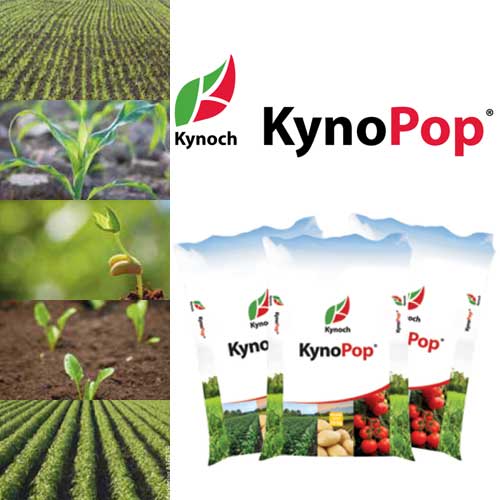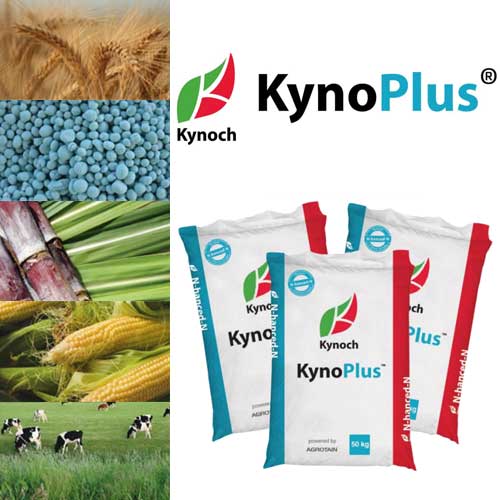
Should You Apply a Foliar or Soil Fertilizer?
28/07/2022
Ways to boost plant growth
20/03/2023Understanding the Different Types of Fertilisers
All green plants obtain the nutrients they need to grow and reproduce from the soil and the surrounding air. The process of photosynthesis occurs in the leaves, utilising atmospheric carbon dioxide and water drawn by the root system to produce the energy-rich carbohydrate essential for many metabolic processes. However, this crucial activity could not proceed without the elements required to synthesise chlorophyll. To ensure they are available in sufficient quantities, it is frequently necessary to introduce a fertiliser into the soil.
Types of Essential Plant Nutrients
Essential plant nutrients can be classified into three types according to the quantities required. The greatest need for all plants is for the three primary or macro-nutrients, nitrogen, phosphorus and potassium. Next in importance are the secondary nutrients, calcium, magnesium and sulphur. While plants need less of these, the requirement is still relatively high compared to the trace quantities of additional elements, equally essential for plant welfare. Though comprising less than 1% of a plant’s dry weight, boron, zinc, manganese, iron, copper, molybdenum, and chlorine are equally essential. There are two primary choices when applying fertiliser to replenish soil nutrients, although it’s convenient to subdivide the second.
The Main Fertiliser Options
Chemical or inorganic products are manufactured products that provide an alternative to naturally occurring elements. Next are the organic mixtures consisting purely of natural ingredients. However, some manufacturers prepare these mixtures by extracting the essential nutrients entirely from natural sources, hence the need for a third category – purely organic, heterogeneous mixes, such as animal manure and compost. However, although fans of organic foods prize the latter, they are unsuitable for intensive farming. A manufactured inorganic or organic fertiliser offers the advantage of having a known and predetermined composition.
Precision in Composition is Key
In practical terms, access to products of known composition enables growers to create the perfect balance of essential nutrients for a given species based on a preliminary analysis of their unique soil conditions. This degree of precision ensures healthy crops and high yields that are not achievable when using manure and compost.
However, a plant’s nutritional requirements can vary markedly at different stages in its development. What may be helpful to seedlings and root growth may be of little value for foliar development or flowering. Consequently, choosing a fertiliser with the precise composition required during these stages can be crucial. Understanding these changing needs and how to satisfy them requires in-depth knowledge of plant physiology that even experienced farmers sometimes lack.
Sustainable Fertiliser Practices
In addition to choosing the right type of fertiliser, it’s essential to consider sustainable practices to minimise environmental impact. This includes using fertilisers in the right quantities, choosing products with minimal packaging and waste, considering organic or natural fertiliser options, and rotating crops to maintain soil health and reduce fertiliser dependence.
Common Mistakes to Avoid
When selecting and applying fertilisers, it’s crucial to avoid common mistakes that can harm crops and the environment. These include over-fertilising, under-fertilising, applying fertilisers at the wrong time or in the wrong conditions, and not considering soil pH and its impact on fertiliser effectiveness.
Integrating Fertiliser Use with Other Agricultural Practices
Fertiliser use should be integrated with other agricultural practices to achieve optimal results. This includes irrigation management, pest management, crop rotation, and soil conservation practices.
Kynoch offers the option of farm visits to perform a comprehensive professional soil analysis and compile a unique nutritional programme designed to generate maximum yields based on the results. Please click here to learn more about farm visits or here to view our world-class fertiliser range.






.png?v=1594369838025?v=1594369838026)